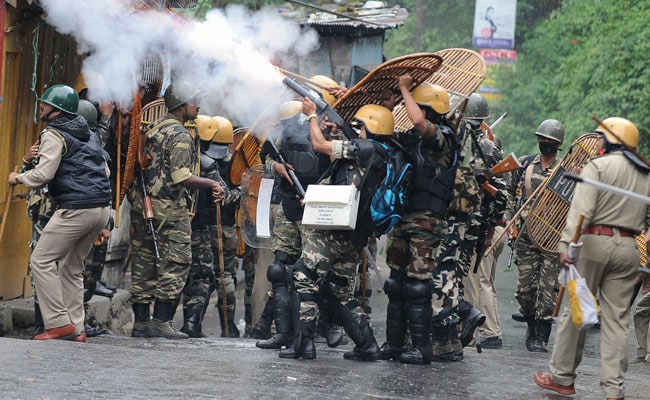
The Calcutta High Court had said that paramilitary soldiers could not be moved out of Bengal a week ago.
Quick Take
Summary is AI generated, newsroom reviewed.
Mamata Banerjee had said central forces should not exit Darjeeling
Needed to help restore stability after violent clashes: Mamata Banerjee
Supreme Court says central forces can be moved for help with elections
About a week ago, the Calcutta High Court said that the paramilitary soldiers could not be moved out of Bengal after Chief Minister Mamata Banerjee argued that they were essential to maintaining peace in Darjeeling and the adjoining district of Kalimpong. The court said there appeared to be no substantial reasons to withdraw the troops. Ms Banerjee alleged that the centre wanted to pull out to ensure that the region does not stabilize.
But today, while allowing seven of 15 paramilitary companies to be moved, the Supreme Court gave Ms Banerjee's government a week to explain why the others should not follow soon.
Tensions flared in the picturesque hill station of Darjeeling in in June when Ms Banerjee's government announced it was making the Bengali language mandatory in state schools.
That angered the state's roughly 1.8 million-strong Gorkha population, who speak Nepali. The Gorkha Janamukti Morcha (GJM), a regional party, is leading the demand for a separate state for the Gorkha ethnic minority which has triggered violent clashes.
Gorkhas have campaigned for decades for a new state of "Gorkhaland" within West Bengal, claiming Bengali-speaking outsiders have exploited their resources and imposed their culture and language.
Track Latest News Live on NDTV.com and get news updates from India and around the world

